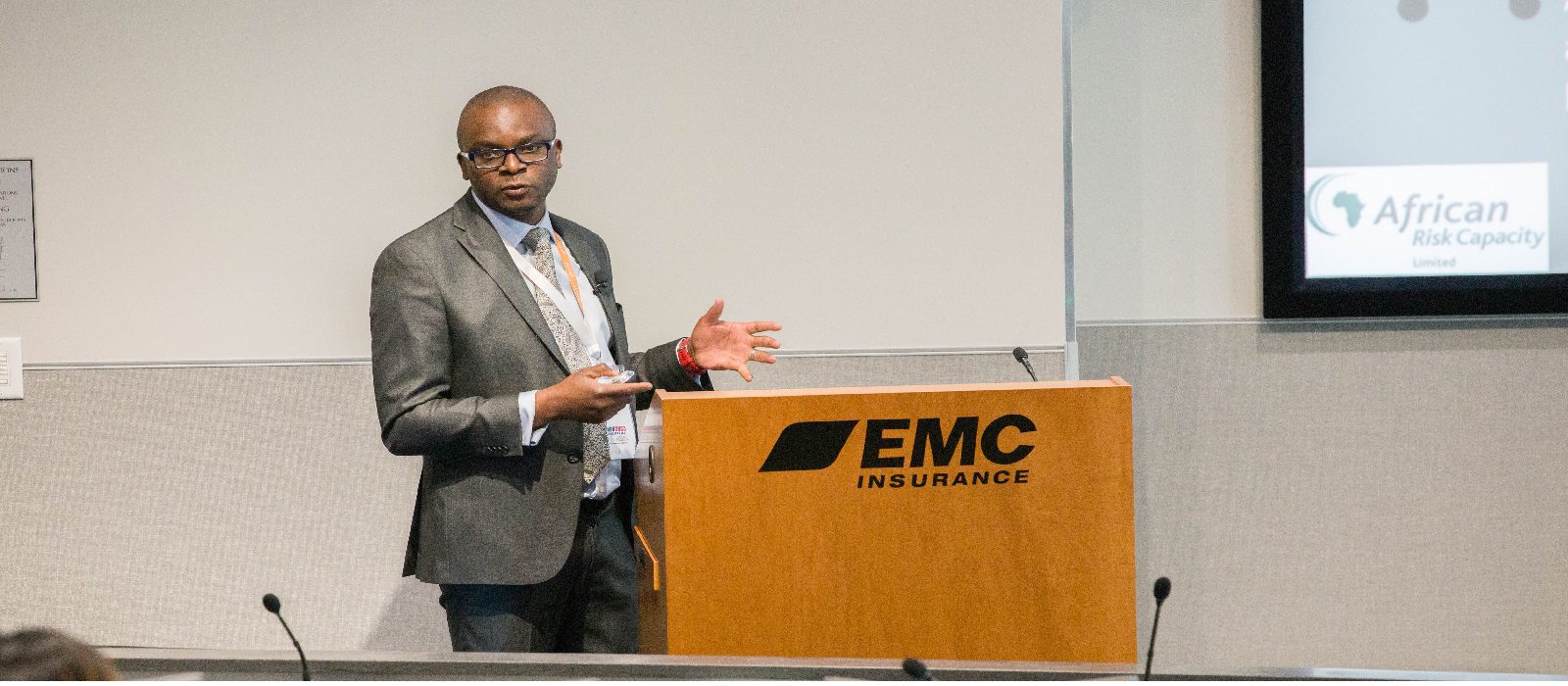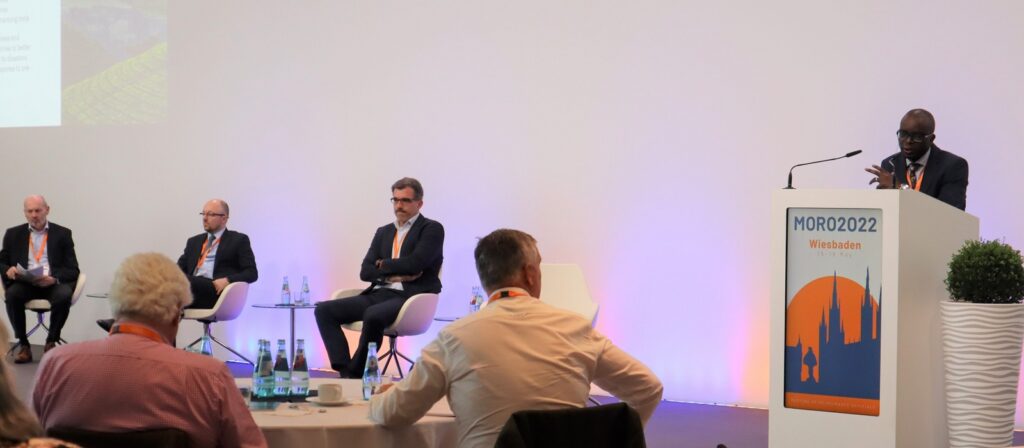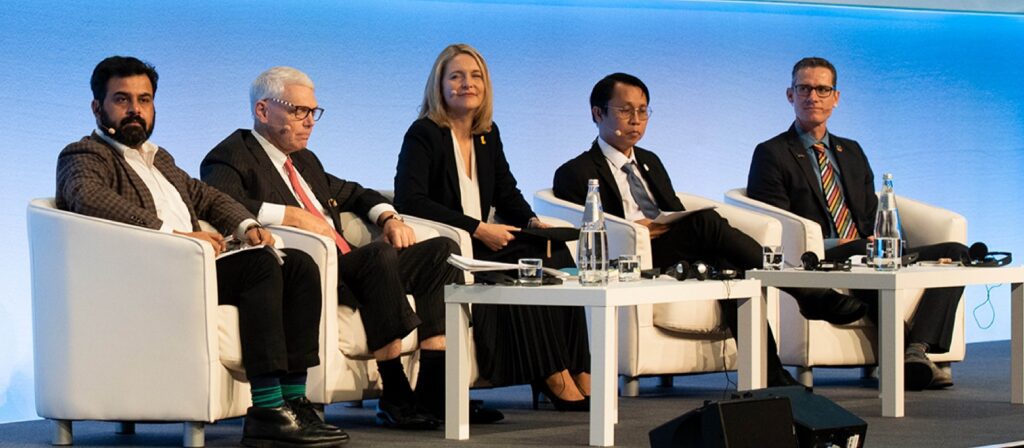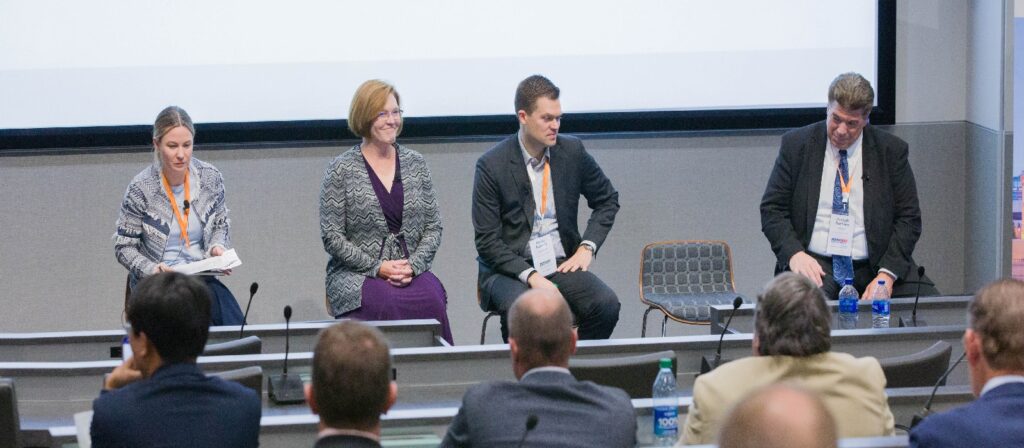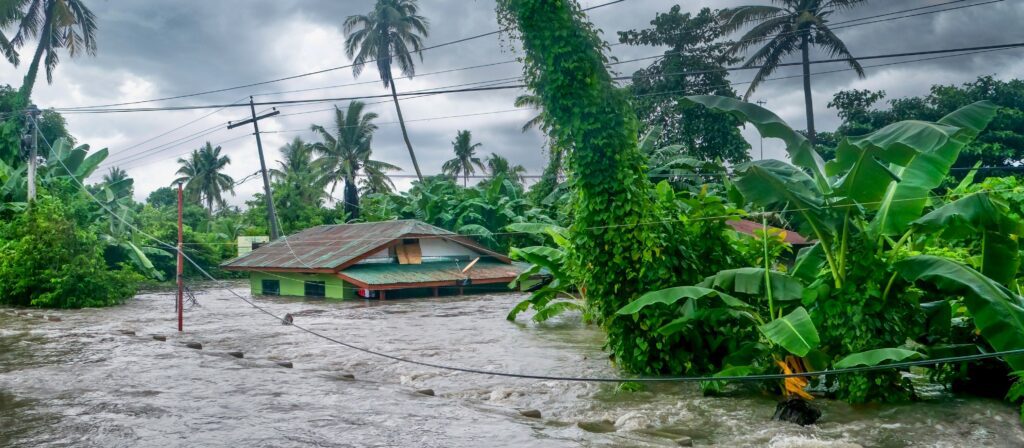African Risk Capacity (ARC) has pioneered resilience in Africa through parametric insurance, in the face of increasing climate-related perils and the need for effective disaster response. Over the past decade, ARC has paid out USD 125 million in claims and provided over USD 1 billion in coverage, emphasising the importance of preparedness and response.
The protection gap refers to the disparity between economic losses caused by disasters and the amount covered by insurance. In Africa, studies show that 98% of economic losses related to climate change remain uninsured, indicating a significant gap, and leaving governments and communities vulnerable to catastrophic events. Several factors contribute to the protection gap, including mistrust between potential policyholders and insurance companies due to past claim disputes. Financial literacy, limited access to financial products, and the affordability of insurance further exacerbate the gap.
Bridging the protection gap requires a collaborative approach to provide inclusive insurance approaches, financial literacy, and risk management practices, with the insurance industry playing a significant role. The integration of ESG principles and collaboration among stakeholders is crucial in developing comprehensive resilience strategies.
ESG has become a central focus in sustainability discussions, with increasing momentum behind its integration into various sectors. The World Economic Forum’s Global Risk Report consistently highlights climate and environmental risks as top concerns. The interconnectedness of risks becomes evident as extreme weather events lead to involuntary migration, creating social challenges in impacted regions. In 2023, natural disasters, extreme weather, climate change mitigation failures, and migration remain prominent concerns. Additionally, the rise of cybercrime and cyber insecurity adds a technological dimension to the risk landscape. Recognising these interconnected risks is crucial for developing comprehensive resilience strategies. To achieve resilience, collaboration among various stakeholders is necessary, extending beyond governmental responsibilities.
Hong Kong-based reinsurer Peak Re shares how it is navigating the complex landscape of ESG considerations, noting that, while ESG has gained attention, inconsistent standards and measurements pose challenges. Peak Re notes that environmental aspects are most relevant, followed by social factors, while governance receives less attention. Various frameworks and rating agencies exist, but inconsistencies persist.
The ESG rating market saw over 600 ratings in 2018, now reduced to about 60 due to consolidation. However, inconsistency remains, with major differences in ratings for top companies like Tesla. This lack of standardisation hampers informed judgments. Underwriting restrictions related to ESG pose challenges for reinsurers. Renewals increasingly inquire about ESG, but concrete decisions based on evolving measurements are difficult. The absence of a universally applicable framework limits strict treaty restrictions, although ESG-friendly portfolios may have clearer guidelines.
Climate-related issues dominate ESG restrictions, with a consensus on phasing out thermal coal-related businesses. Social considerations vary, with no consensus on controversial industries. Reinsurers also explore ESG-friendly initiatives like supporting renewable energy projects.
Regulatory scrutiny increases, demanding transparency and disclosures on ESG. Scenario tests for extreme climate events and emissions disclosure requirements are forthcoming. Greenwashing faces stricter punishments.
Standardised measurements and consistent ESG ratings in insurance remain uncertain. Peak Re emphasises the need for clear regulations, enhanced standards, and internationally agreed frameworks. Increased scrutiny and regulation can address greenwashing and promote sustainable practices. Achieving these goals depends on collective efforts.
CLIMBS, a Philippines-based insurance cooperative, provides USD 45 million in coverage to 6.6 million insured individuals. It has a goal to insure 20 million lives by 2024. CLIMBS incorporates ESG principles into its products, including parametric insurance for farmers facing frequent typhoons.
The Philippines is prone to natural disasters, especially typhoons. CLIMBS supports farmers through parametric insurance, which triggers payouts based on predetermined conditions. Historical and real-time data enable quick assessment and processing of claims, aiding farmers in recovering from typhoon impacts and promoting climate-smart agriculture.
CLIMBS embraces ESG principles by integrating them into its Weather protect insurance cover. It advises farmers on suitable crop areas, livelihood mapping, and seasonal agriculture. CLIMBS also organises a Cooperative Climate Summit in the Philippines, advocating for institutional support and affordable premiums to ensure food security.
CLIMBS engages in advocacy efforts and collaborates with government institutions to raise awareness and seek support for climate action. It allocates 3% of net income to community development funds and operates “KoopSkwela” to provide education in underserved communities. Executive education programmes attract new leaders and younger members to sustain the cooperative movement.
CLIMBS aims to expand its offerings, including farm insurance for equipment and machinery. Through ESG principles, climate action advocacy, and social responsibility, CLIMBS seeks to positively impact the lives of Filipino farmers.
